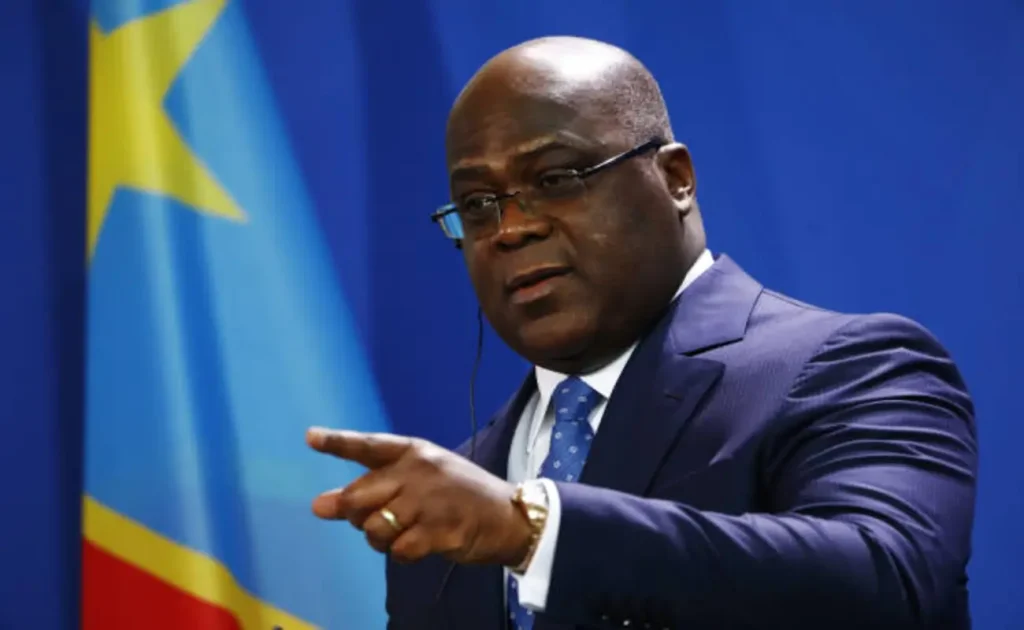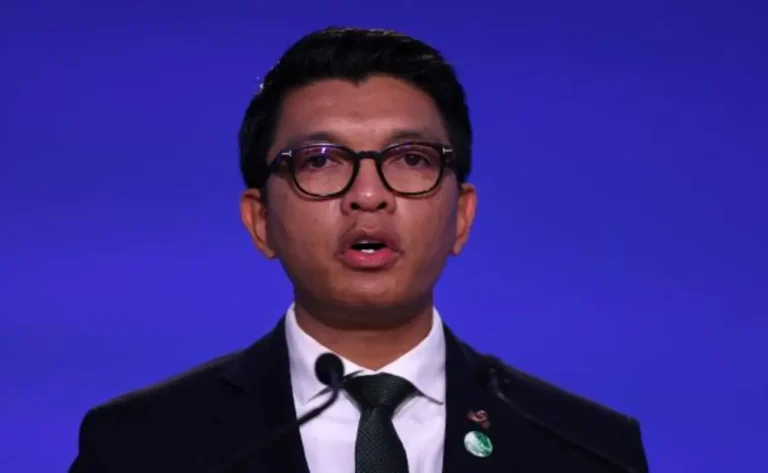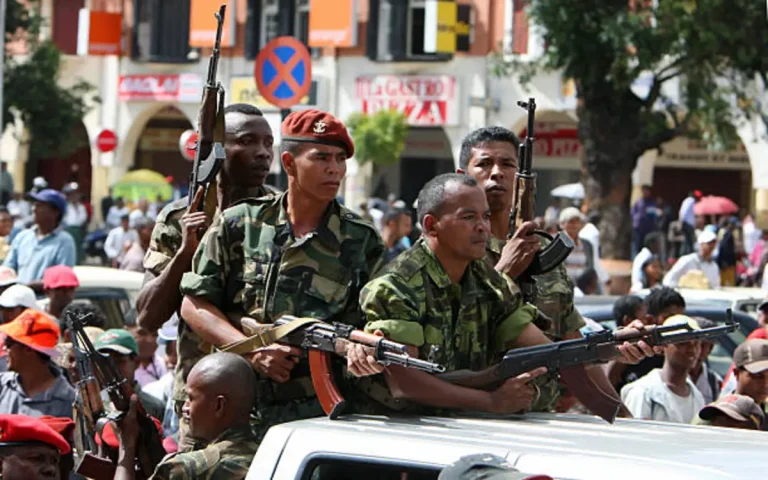
Democratic Republic of Congo President Felix Tshisekedi speaks during a press conference with the German Chancellor at the Chancellery in Berlin, November 15, 2019. Michele Tantussi/Getty Images
The decision came as global demand for cobalt, used in electric vehicle batteries, slowed amid weakening industrial activity and increased recycling capacity in Asia.
A new quota system, based on historical export averages, will replace the temporary export ban on October 16, according to the state minerals regulator, the Agency for the Regulation and Control of Strategic Minerals (ARECOMS).
Under the new rules, exporters will be permitted to ship up to 18,125 metric tons of cobalt for the remainder of 2025, and up to 96,600 tons annually through 2026 and 2027.
Tshisekedi issues lifetime ban warning
Minutes from Friday’s cabinet meeting seen by Reuters indicated that President Tshisekedi has directed regulators to impose “exemplary sanctions,” including permanent exclusion from Congo’s cobalt export regime, for any company found violating the system.
Only ARECOMS has the authority to issue, modify, or revoke cobalt export quotas, according to the meeting summary.
Tshisekedi said that the new framework was intended to ensure long-term market stability and transparency after years of “predatory strategies” in the mining sector.
He noted that the earlier export suspension had triggered a 92 percent rebound in global cobalt prices since March, calling the new quota system “a real lever to influence this strategic market.”
Industry reaction divided over cobalt export limits
The policy has drawn mixed reactions from international mining companies operating in Congo, including Glencore PLC and China’s CMOC Group Ltd, the two largest cobalt producers globally.
Glencore, the world’s second-largest cobalt producer, has publicly expressed support for Congo’s quota system, saying it promotes “predictable supply discipline” that benefits both producers and buyers.
However, CMOC, the world’s top producer, has opposed the restrictions, arguing that quotas could reduce output efficiency and harm investment confidence in the Congolese mining sector.
The June extension of the cobalt export ban forced both Glencore and CMOC to declare force majeure, citing inability to meet contractual obligations.
Cobalt market recovery and strategic control
Analysts say Congo’s new cobalt export rules reflect its ambition to assert greater control over a resource critical to global energy transition technologies.
The government hopes to curb illegal trading networks that have long drained revenue and distorted international pricing benchmarks.
By linking export rights to historical performance, officials believe they can reward compliance while deterring speculative trading and quota manipulation.
Economists in Kinshasa say the tighter oversight could make Congo less dependent on foreign intermediaries and strengthen state revenues from mineral royalties.
But critics warn that stricter controls could increase administrative bottlenecks and discourage smaller producers who lack political connections to secure export permits.
Security tensions shadow mineral reform
The renewed regulatory push comes amid ongoing conflict in mineral-rich eastern Congo, where fighting between the army and M23 rebels has displaced thousands.
The United Nations has warned that instability threatens mining operations and humanitarian conditions across North Kivu and Ituri provinces.
A U.S.-backed peace initiative suffered a setback last week when Congo and Rwanda failed to sign a Regional Economic Integration Framework, a pact aimed at improving investment appeal across Central Africa.
Tshisekedi reiterated that peace and stability remain prerequisites for sustaining the cobalt export recovery.
“Without security in the east, no amount of reform will secure our mining future,” he said, according to cabinet minutes.
Global demand outlook and investment trends
Demand for cobalt is expected to rise again in 2026 as electric vehicle production accelerates across Europe and North America.
Benchmark Minerals Intelligence forecasts a potential supply deficit by 2027 if new capacity expansions are delayed in Congo and Indonesia.
The World Bank has urged transparency in the allocation of export licenses, noting that regulatory consistency is crucial for attracting sustainable investment.
Related: Malawi’s returning president Peter Mutharika vows ‘no more looting government’
Congo’s mining sector, which contributes nearly 45 percent of national revenue, remains central to Africa’s clean energy transition strategy.
Tshisekedi’s government says it is determined to turn cobalt into “a driver of shared national prosperity,” echoing calls for equitable mineral governance.
For more in-depth global news coverage and the latest updates, visit the Epicstorian News homepage.




